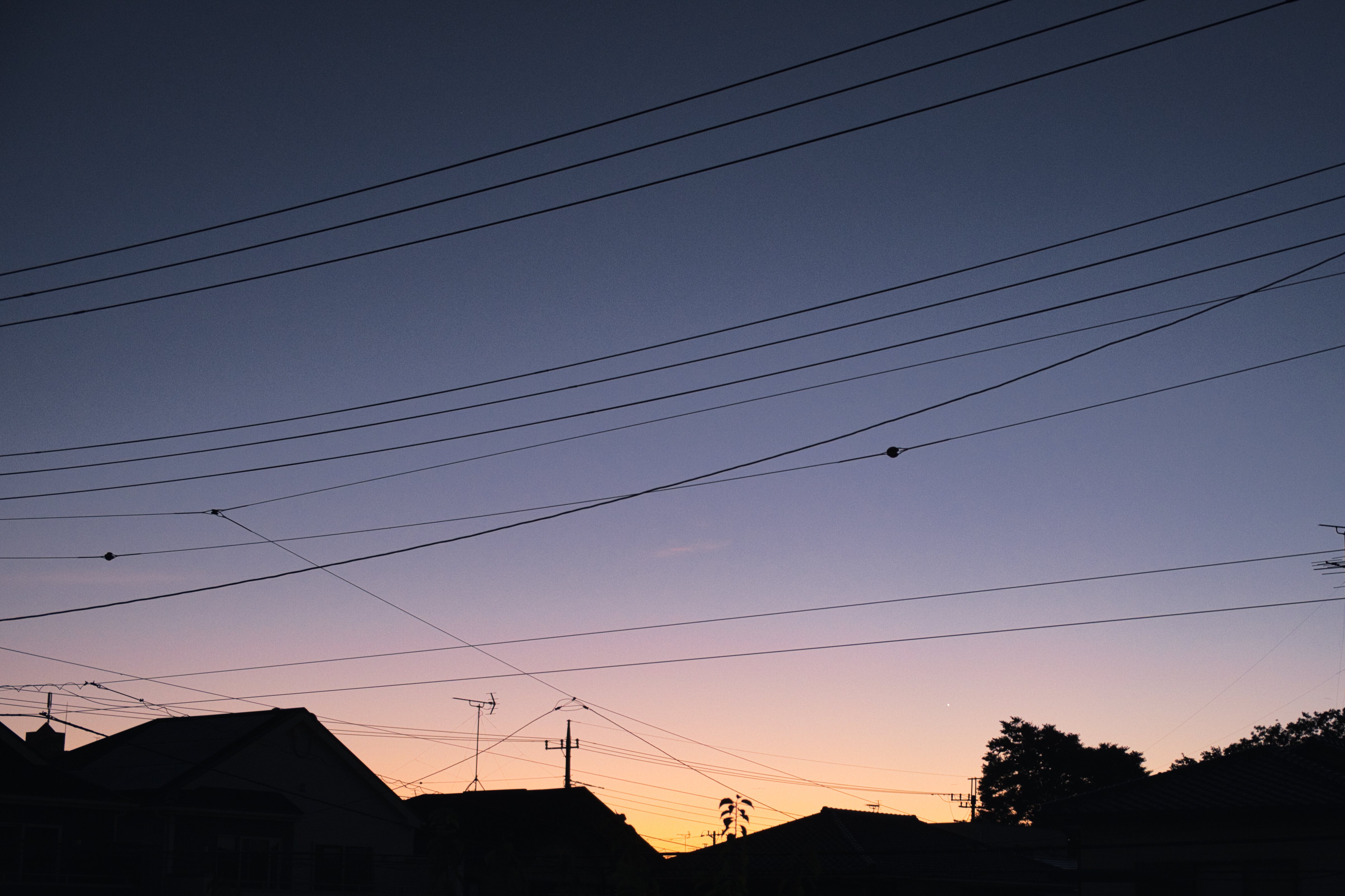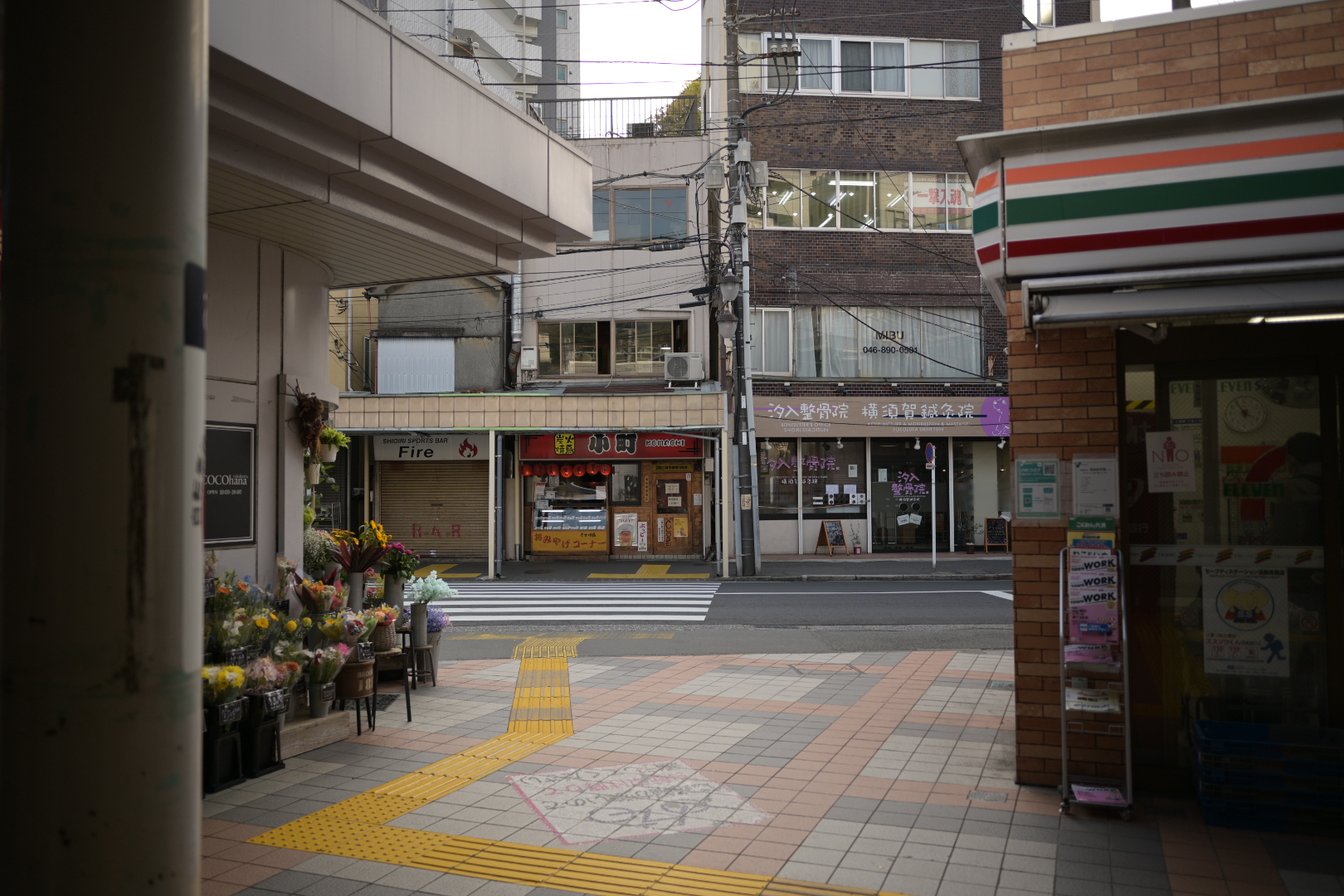Who Am I?
A kid wanted to be a scientist, but lost precious things on the road.
Je n’ai que ma douleur et je ne veux plus qu’elle.
Elle m’a été, elle m’est encore fidèle.
Pourquoi lui en voudrais-je, puisqu’aux heures
où mon âme broyait le dessous de mon cœur,
elle se trouvait là assise à mon côté ?
Ô douleur, j’ai fini, vois, par te respecter,
car je suis sûr que tu ne me quitteras jamais.
Ah ! Je le reconnais : tu es belle à force d’être.
Tu es pareille à ceux qui jamais ne quittèrent
le triste coin de feu de mon cœur pauvre et noir.
ma douleur, tu es mieux qu’une bien aimée :
car je sais que le jour où j’agoniserai,
tu sera là, couchée dans mes draps, ô douleur,
pour essayer de m’entrer encore dans le cœur.▶ Show English Translation
I have only my pain, and I want nothing more than her.
She has been, and is still, faithful to me.
Why would I resent her, since in the hours
when my soul was crushing the bottom of my heart,
she was there, sitting by my side?
O pain, I have finished, you see, by respecting you,
for I am sure that you will never leave me.
Ah! I recognize you: you are beautiful for being so.
You are like those who never left
the sad corner of my poor, dark heart.
my pain, you are better than a beloved:
for I know that on the day I die,
you will be there, lying in my sheets, O pain,
to try and enter my heart once more.
A New Start
The memories of the past few years have reshaped my life and mind. My loved one left me.
I surrendered most of my heart and essence to her, leaving nothing for myself.
Yet, I refuse to surrender—not on her, not on my life.
With the beginning of my doctoral program as a researcher,
I, MUST CHART A NEW PATH.
For my family, for the one I still love, for my friends, for the students I mentor, and ultimately, for myself.
This blog marks one of my attempts to forge a new life—working with greater purpose, thinking with sharper clarity, and pursuing my dreams with unwavering determination.
who am I?
Life
In my younger years, the world seemed much smaller. I was beaten by my own parents almost every month until halfway through high school. I studied at my old school with consistently poor grades and had a crush on one who never even acknowledged me as a normal person. I had very little money for the things I loved… those days were darker than now.
Of course, the trouble wasn’t purely physical. My father placed me in a class with students far more advanced than I was, telling me, “Study is all you need now.” Meanwhile, my classmates would laugh at me as though I were the dumbest person in the world. Even the beatings from my parents weren’t particularly “hard” in a physical sense.
It struck me when my father remarked during my middle school years, “I noticed you’re not as outgoing as you were at 10.” I found myself wondering, “How did I become a person like this?”
Today, I still ask myself that same question again and again:”What did I do wrong? How could she do this? Am I trying my best? How did I became a person like this?”
work
TUIS is not a prestigious school, but it holds special meaning for me—after all, when you spend seven years in the same place and anticipate spending two or three more, you naturally develop a connection with it. While I don’t particularly embrace the Japanese mindset, I must acknowledge that “Without the Japanese approach to research, I could never have become a doctoral student.”
I aspired to be a “hacker,” a “scientist,” specializing in phishing detection—despite my mediocre grades. My former Japanese professor, though strict and uncompromising, was kind enough to allow me to pursue research while questioning my abilities. I excelled in research, performing significantly better than my academic grades would suggest.
Now I’m enrolled in a doctoral program under the guidance of a new, easygoing Korean professor, focusing on Computer Vision, AI, and Vision Transformers. I genuinely enjoy my current work: reviewing papers daily, mentoring junior students, and pioneering work that hasn’t been done before. I truly believe I’m building a new life—just without her by my side.
why English?
I’ve always preferred communicating with locals in a different language—this way, harsh words never feel as offensive as they might in my native tongue, which helps given my struggles with emotional control.
I genuinely enjoy learning English—it’s one area where I’ve outperformed most of my peers. From middle school to the present day, I can confidently say I’ve made more progress than many international students and Japanese locals.
Moreover, I need English for practical reasons: all the papers, theses, documentation, and GitHub projects are written in English, not to mention communication with my foreign friends.
Lastly, I still need to improve my English—throughout these years, I’ve merely used the language without studying it systematically, especially when it comes to writing. As a Chinese person, I appreciate the beauty of Chinese/Japanese characters, while also taking pride in my growing ability to recognize beauty in other languages.
— Qui aimes-tu le mieux, homme énigmatique, dis ?
— J’aime les nuages… les nuages qui passent… là-bas… là-bas… les merveilleux nuages !


